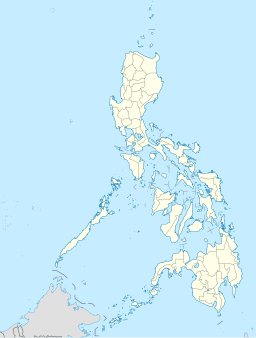From the moment we realize God has given our next generation life, we should be thankful to God and pray for them.
As the blogwriter Sheena Steve remarks: A" positive pregnancy test or seeing the child’s heart beating on the monitor for the first time is a reminder of the responsibility God is entrusting in our hands."
We can train our kids to behave well, and we can try to get them to know God. But whatever happens always shall be there the influences from outside, school, comrades, friends, media, etc.. But God has to call them and pull them towards Him. We only can express our hopes that they shall get to learn the importance of religion and the belief in One God, Creator of heaven and earth.
We can read parts of the Bible regularly and discuss what is going on in the world in relation to the Master Worker. It is important that as soon as possible we let the children feel that God is in our midst.
As parents, we hold the bottom-line responsibility to teach our children about God. It is not something we can pass on to the church or the Sunday school teachers. But what do we teach them and when do we start?
Ex-software engineer, Sheena Steve, whose life turned right side up when she gave birth to triplets (all boys too!) started “An Imperfect Life” as an attempt to document her day to day experiences as she enjoys the ride of her life as a stay-at-home wife and mom.
She brings a blog worthwhile to read or to follow how she allows God to enter her life and that of her family. It can be uplifting to see that not only your life can be troublesome and far from perfect but that you are not the only one who tries with falling and getting up to learn everyday that no matter how hard you try… only Jesus Christ and God can perfect it.
Sheena Steve believes that “God will perfect that which concerns me” (Psalm 138:8) and “In my weakness, God’s strength will be made perfect” (II Corinthians 12:9).
“An Imperfect Life” wants to be a mosaic of life stories compiled to encourage and inspire you.
It wouldn’t do any good if we taught our kids how awesome God is, and failed to mention how personal He is to each of them. It will be of no use either when we do not show the kids how God interferes in our lives and helps us to grow. We also have to show the changes God makes in us. We do have to live a Christian life, breathing the spirit of Christ, before we can get our kids to see and feel Christ in our and their life.
We can pray all day for our children and diligently teach them the Bible, but all that won’t make a difference, if our kids don’t see us practising what we teach them. We can teach them that God’s given us everything we need, but if they see us being discontent and grumbling about what little we have, what are they taking away from it?
Even as babies, our kids imitate us – they smile, wave their hands and learn to clap, after seeing us do the same. Toddlers learn new words and mannerisms by observing us. If they see us reading the Bible and praying on a regular basis, won’t they want to do the same?
Your children will become who you are; so be who you want them to be. ~ Anonymous
We always should be patient and show how Christ works in us. For all that we teach our kids about God, none of it matters until they seek Him for themselves. While that may take a few years, we should remain obedient to God and teach our kids about Him and about His son, God's Salvation and the Kingdom of God.
+
Please do find:
Let The Children Come ~ Teach Them About God
Let The Children Come ~ Pray for Them
Let The Children Come ~ Be An Example
